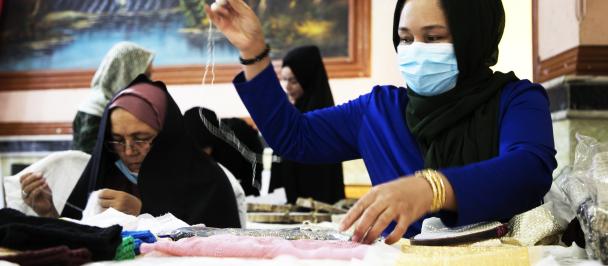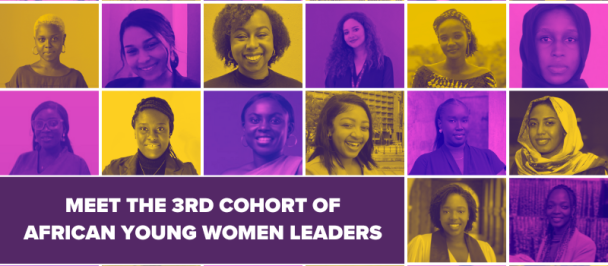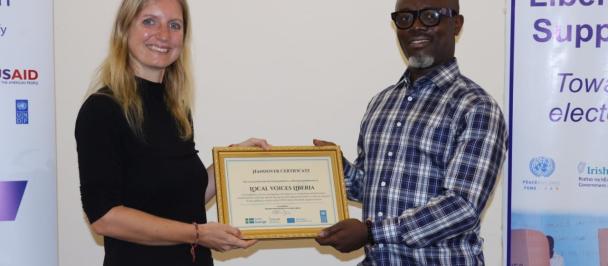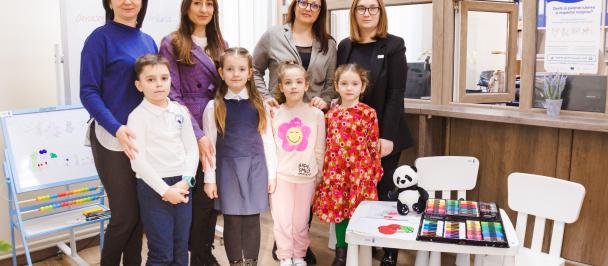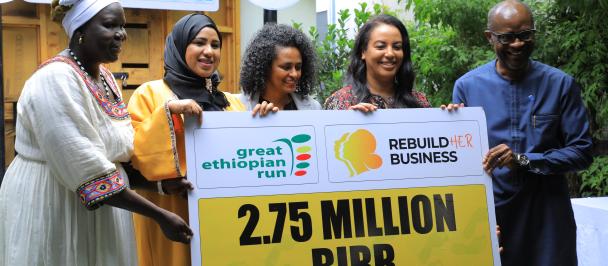A conversation with Brigadier Emad AI Essawi, Associate for the Head of Electoral Security and Protection Department at the Libyan Ministry of Interior
‘Violence affects society as a whole’
March 28, 2024
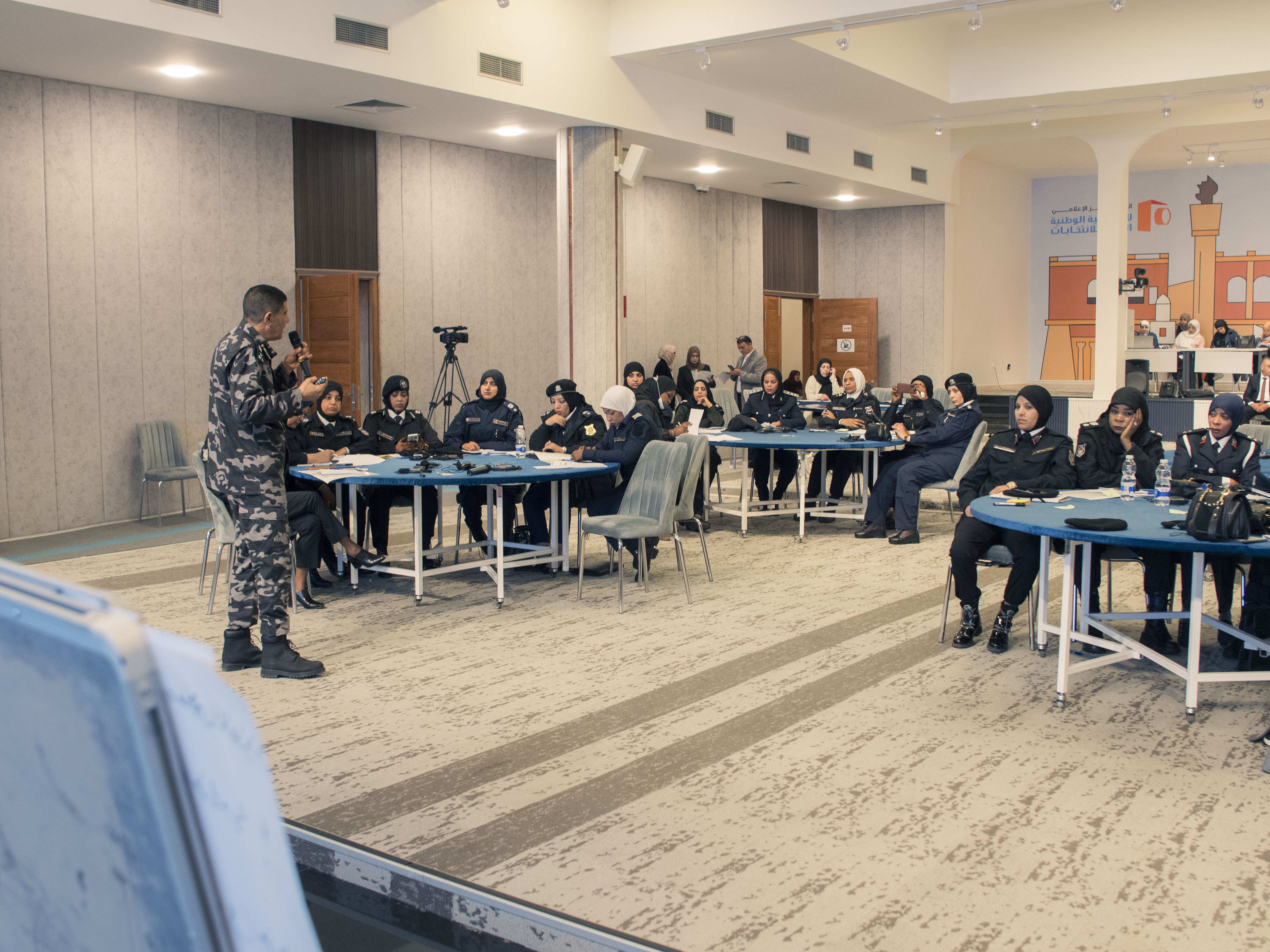
Brigadier Emad AI Essawi during the training programme held earlier in March
Women represent roughly half of the Libyan population. Nonetheless, they account for a much smaller proportion of those in governance and political roles. Women occupy just 16.5 per cent of seats in the Libyan House of Representatives (HOR); and 15 per cent of seats in the High Council of State (HCS). Despite modest upward movement in 2021, women are also under-represented in elections – as voters, candidates, media and observers. With a view to encourage more representative participation, the High National Elections Commission (HNEC) and the Ministry of Interior (MOI) are working together to address violence against women in elections and public life. UNDP spoke with Brigadier Emad Al Essawi about the important role that men can play.
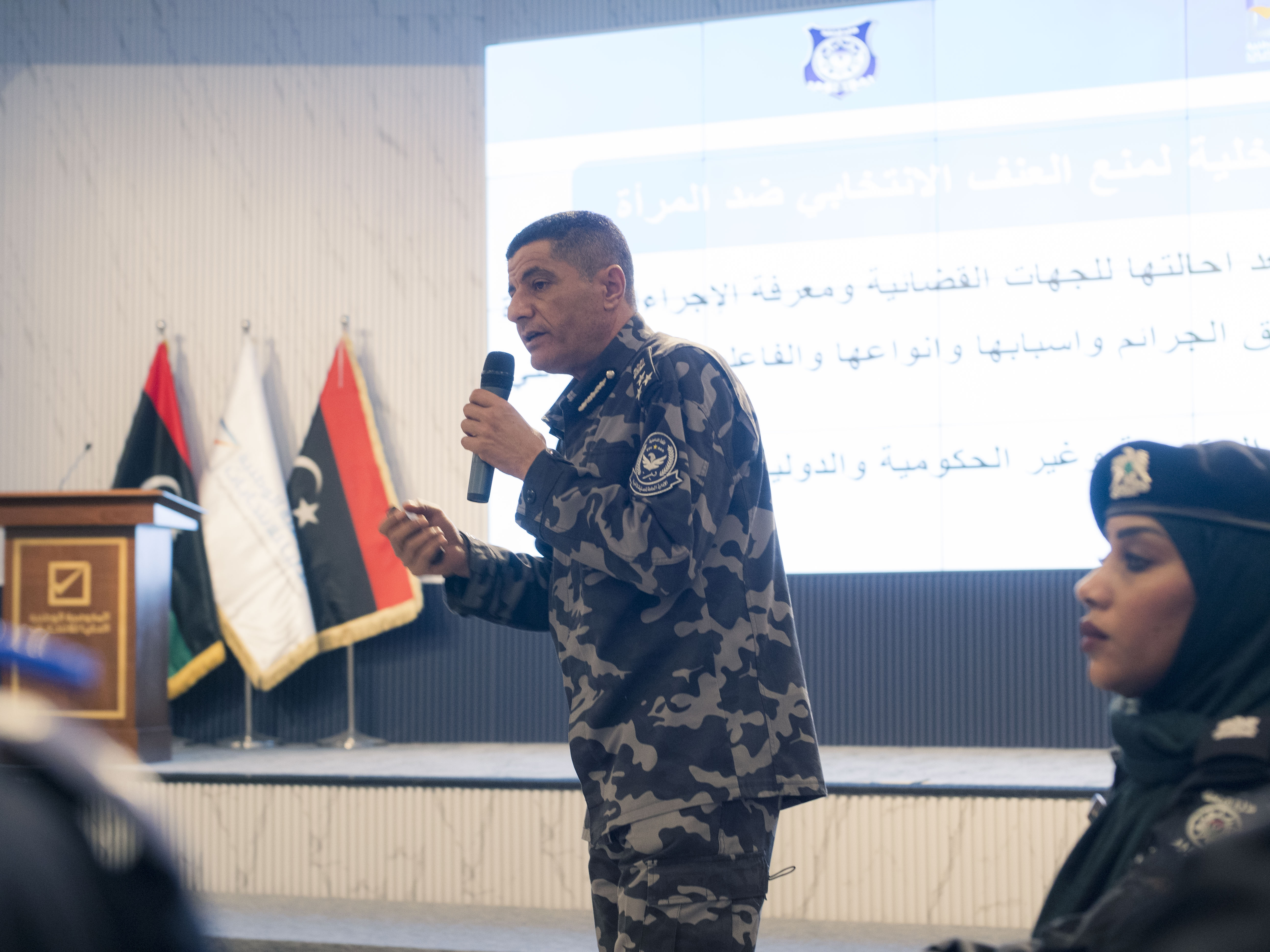
Brigadier Emad AI Essawi, Associate for the Head of Electoral Security and Protection Department at the Libyan Ministry of Interior
Some people say violence against women is a “women’s issue.” What are your thoughts?
Violence affects the whole society and therefore it is a concern for the whole of society. And all members of society must reject and fight against violence, collectively.
In a regional -wide study, almost one third of men reported having perpetrated online violence against women. Do you see a difference between violence offline and online?
Violence is violence, no matter what the means. In fact, online violence can be more damaging: Perpetrators are protected through their anonymity. Meanwhile, they can traumatize their victims as content continues to circulate and can cause lasting damage to the victims’ reputation.
How can police protect women from election-related violence?
Protecting women from violence – including electoral violence – is among the fundamental responsibilities of police; and there are many things that the police can do. To mention a few examples, the police can:
- Protect women voters from any kind of intimidation in election centers.
- Ensure sufficient presence of female security officers in the women polling stations.
- Provide special avenues for women to file complaints against any electoral violence they face. These places should be run by women police officers from the MOI.
- Take actions against the perpetrators – provided that this will not lead to further violence against women. In some ways, violence against women is more dangerous than violence against men. Not everyone understands that it is a legal and human right. So when we address the issue, it can provoke strong emotions that lead to additional violence towards women.
What can men who are not in the police do to protect women from violence?
In any society, the perpetrators of violence against women in elections are mostly men. This means that men have a greater responsibility to prevent and protect women from the violence. Everyone needs to understand that women have equal rights as men, that those rights are ensured by the Constitution, and that women are entitled to exercise those rights. Outreach programmes on the rights and freedoms of women should target men and this will help in preventing violence against women.
How do men benefit from protecting women from violence?
The ability of women to exercise their rights freely is a fundament of social justice – and social justice benefits men – and the society as a whole.
The UNDP’s Promoting Elections for the People of Libya (PEPOL) project supports the preparedness of the HNEC to conduct credible, inclusive elections. With UNDP support and funding from the Government of Canada, HNEC and the MOI held a training for female police officers in Tripoli on 3–4 March 2024.

 Locations
Locations